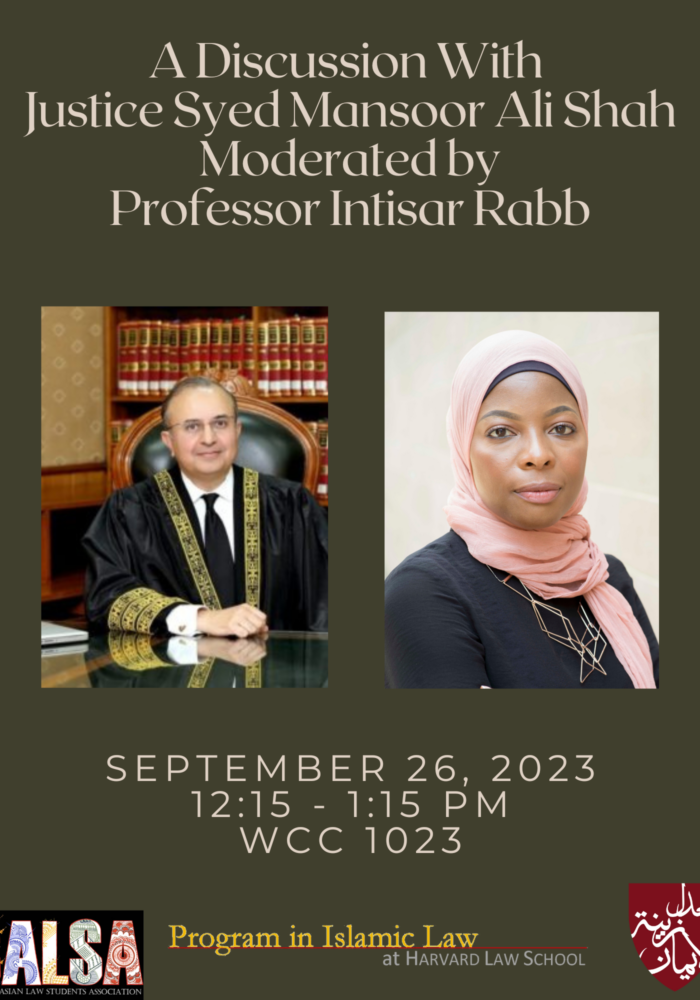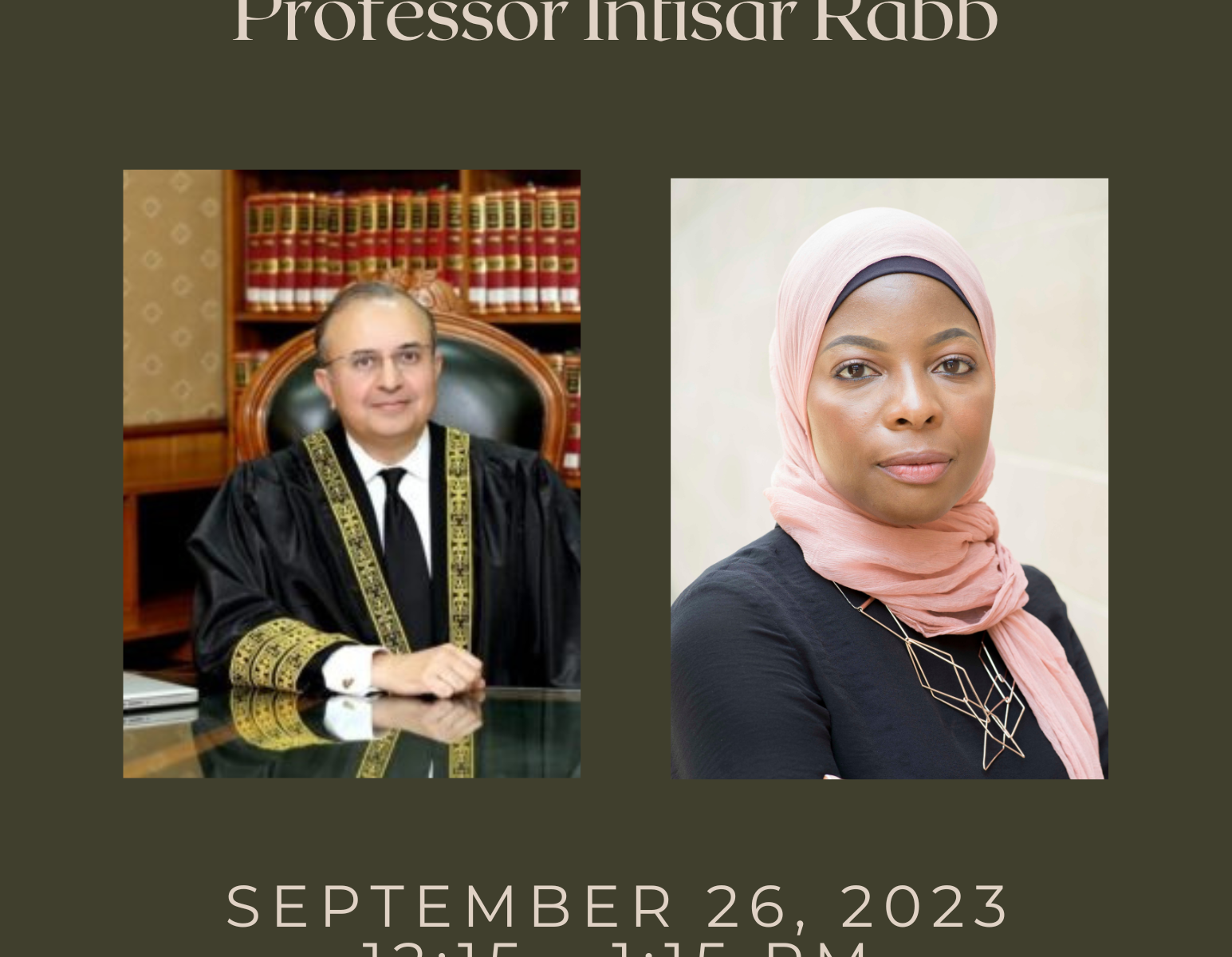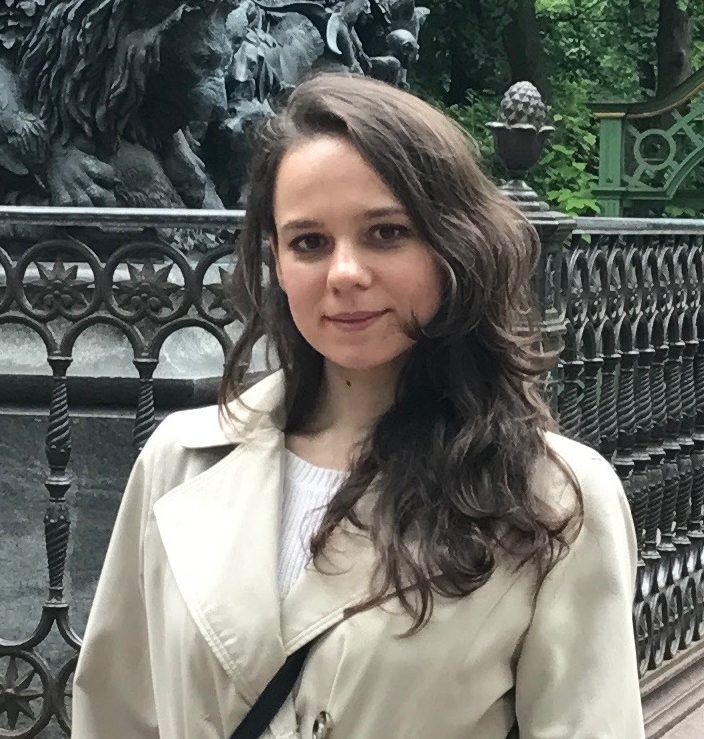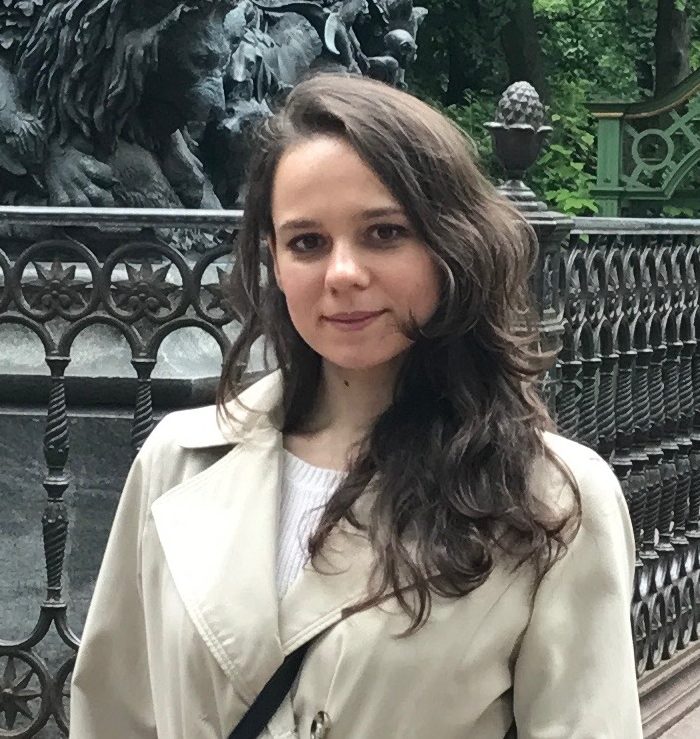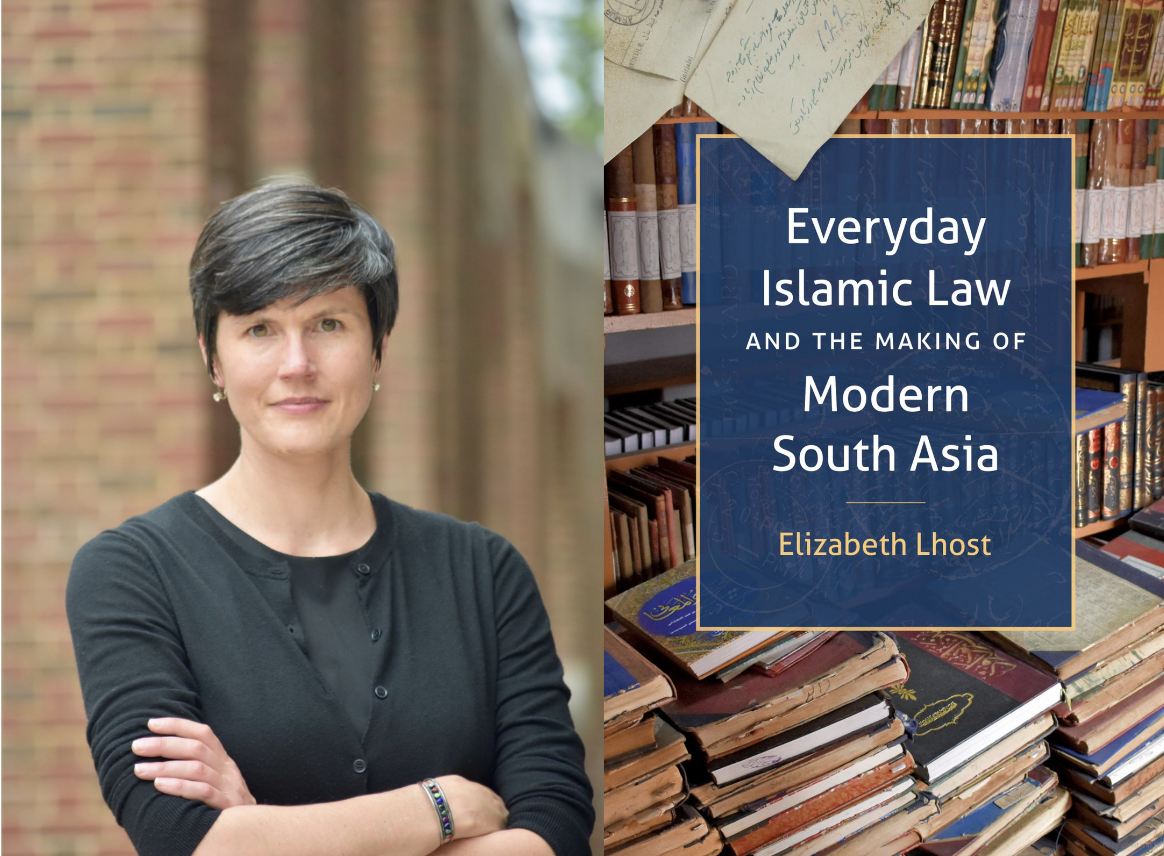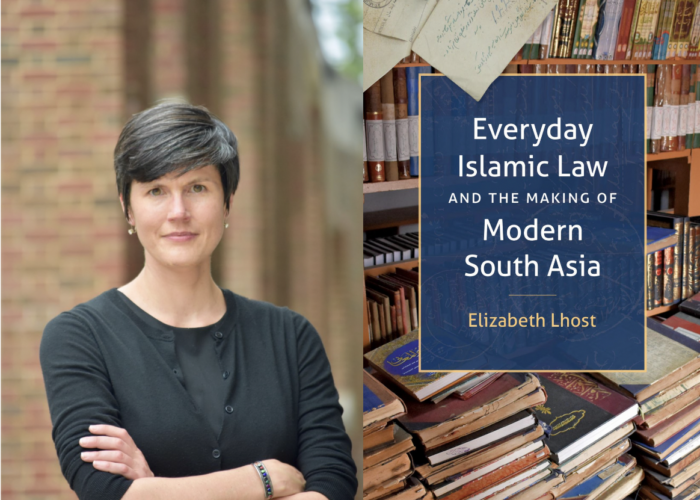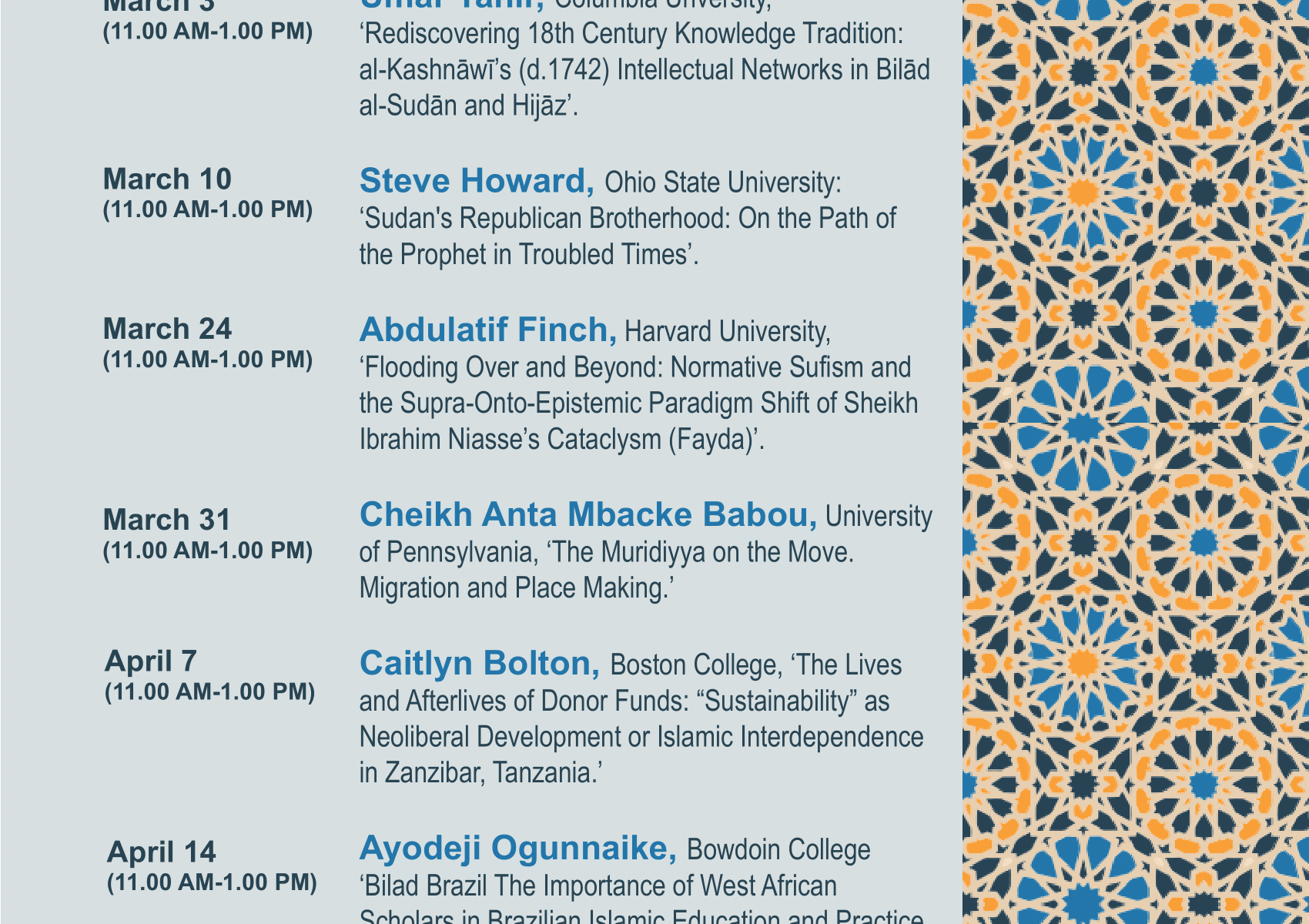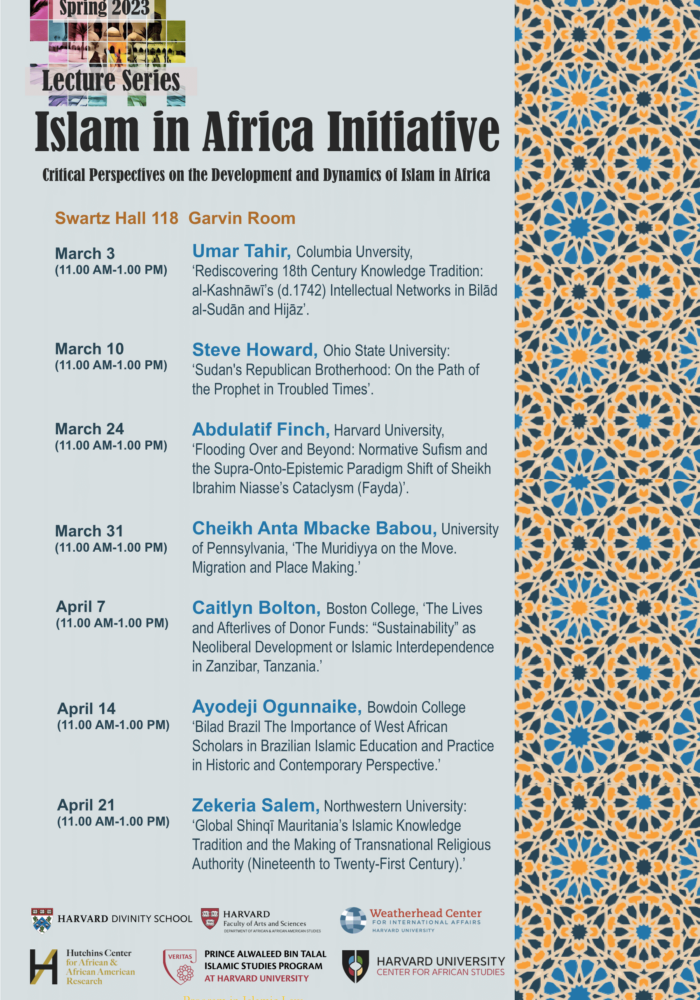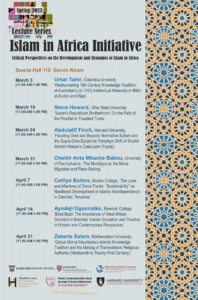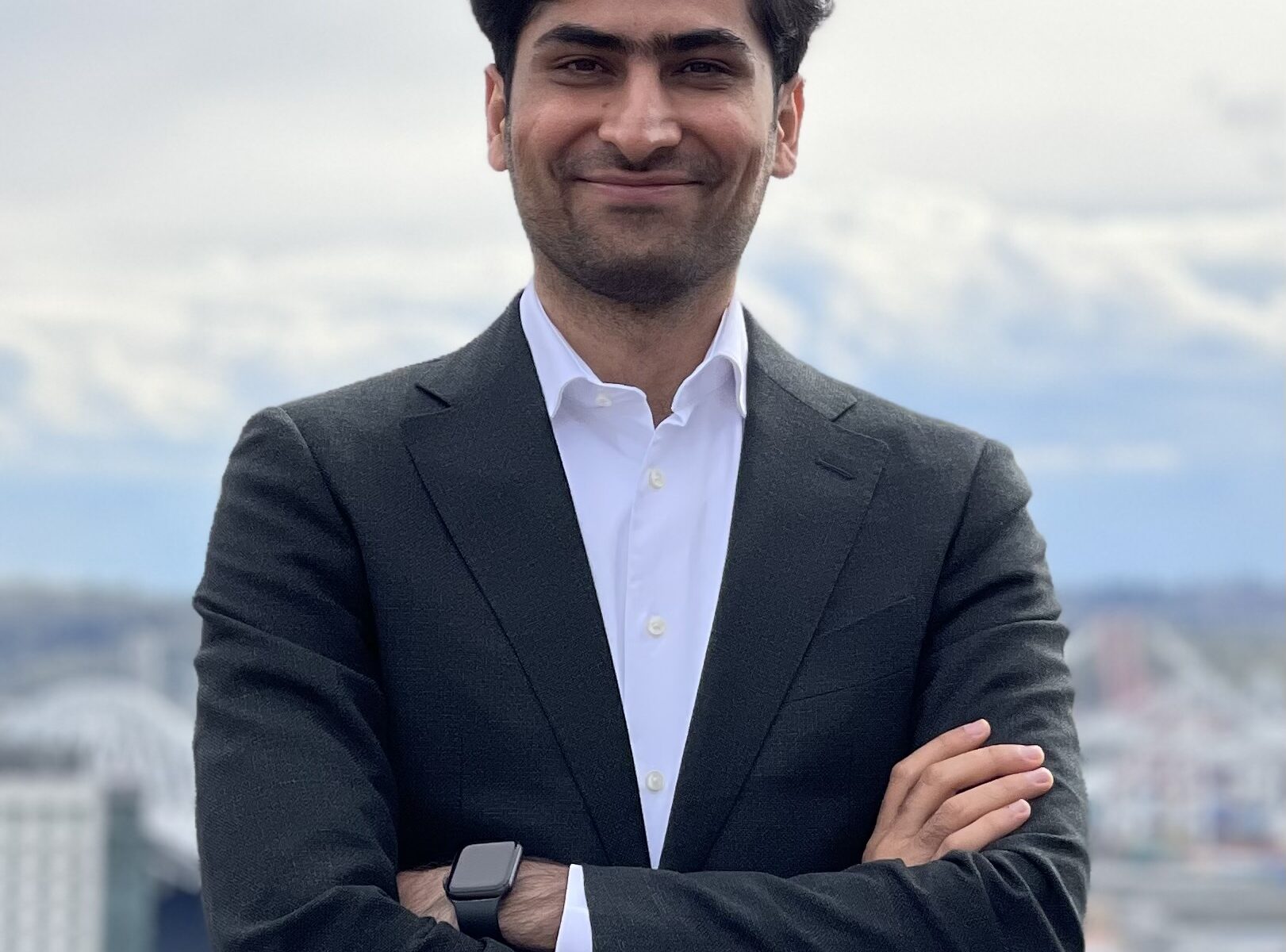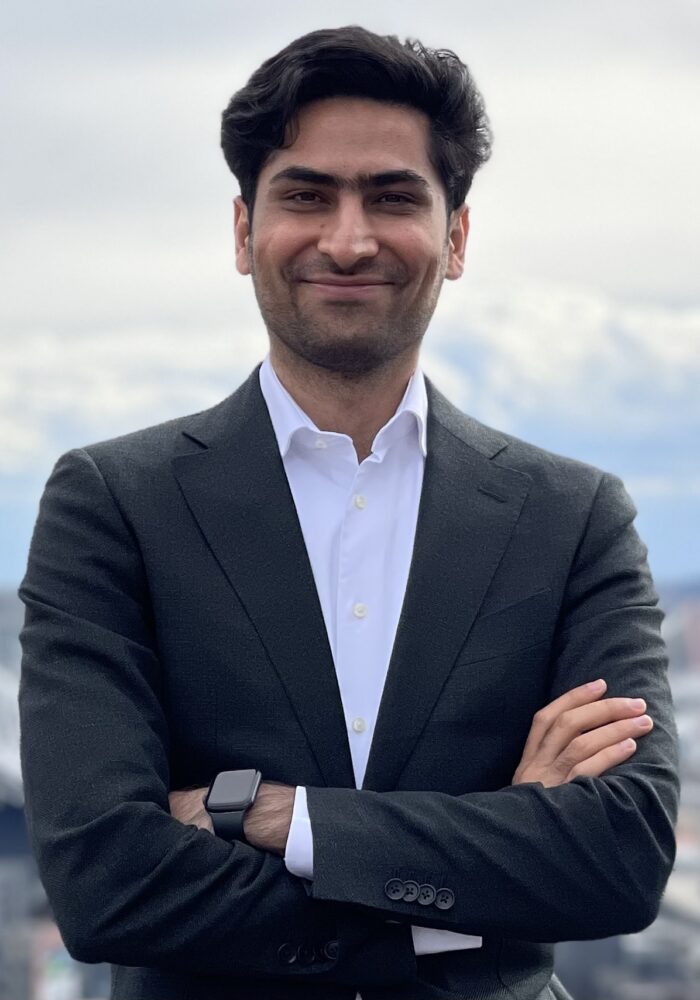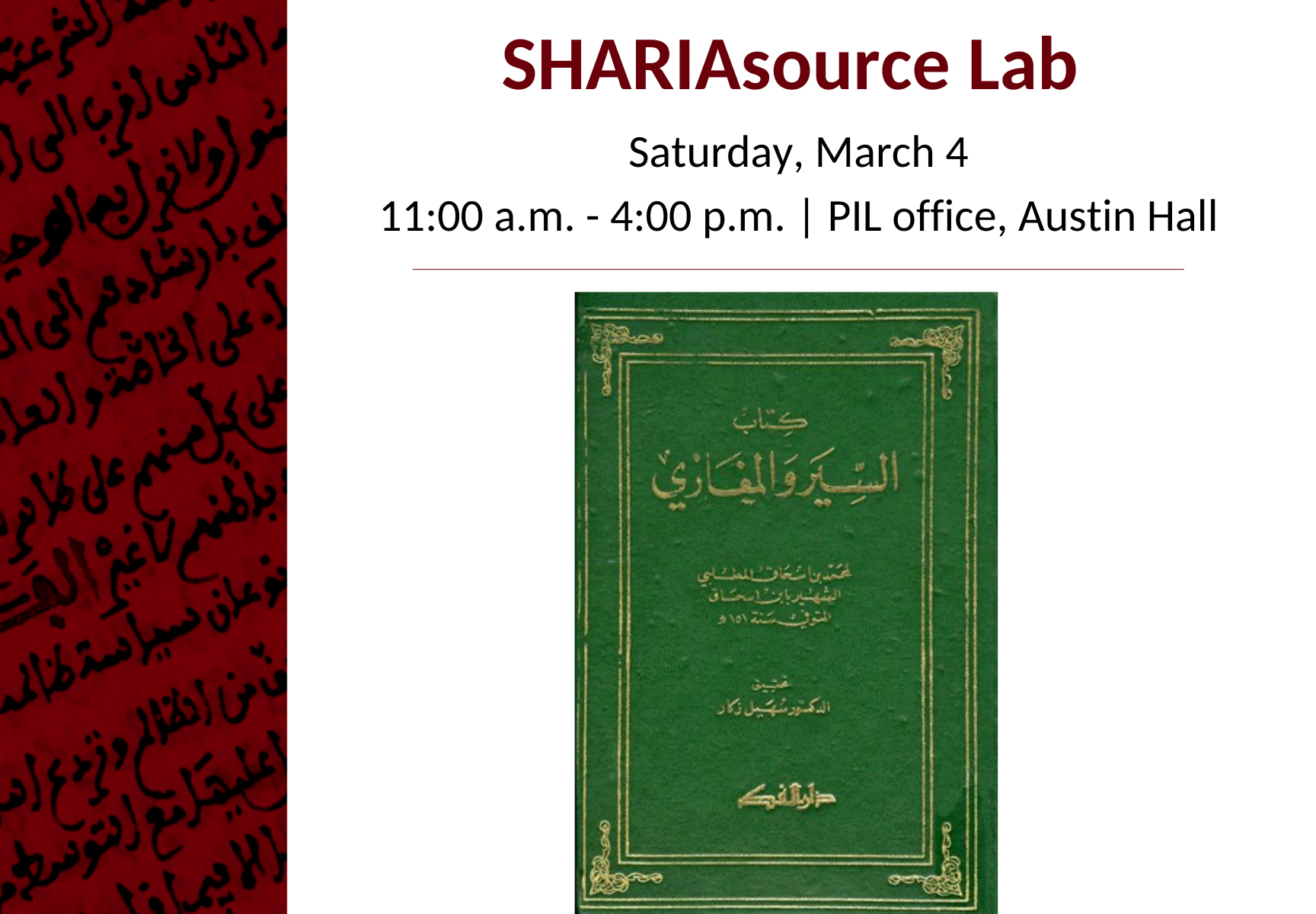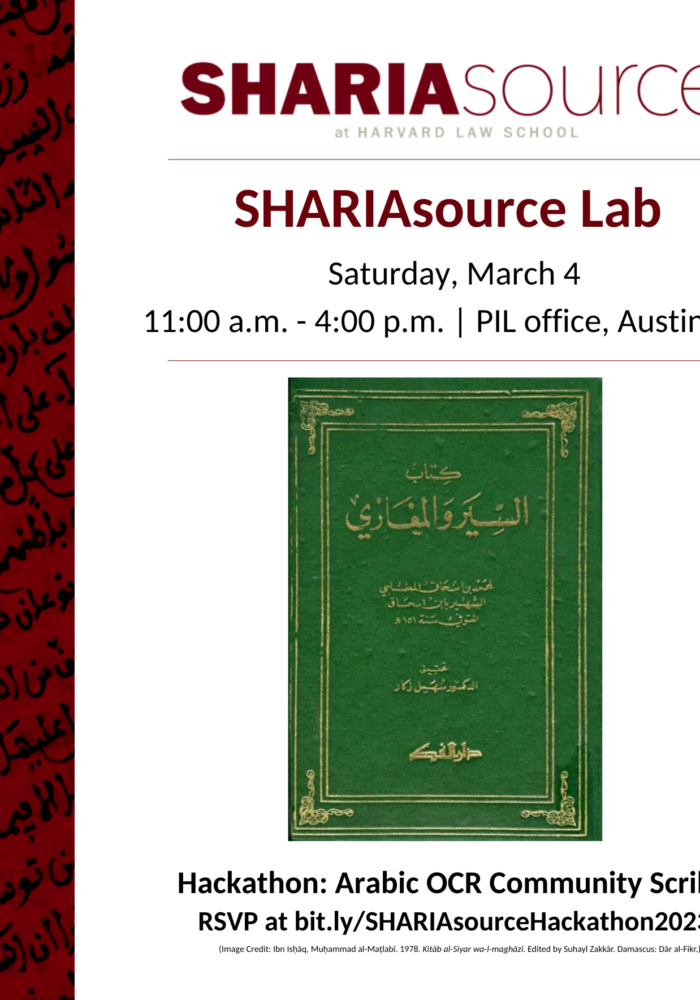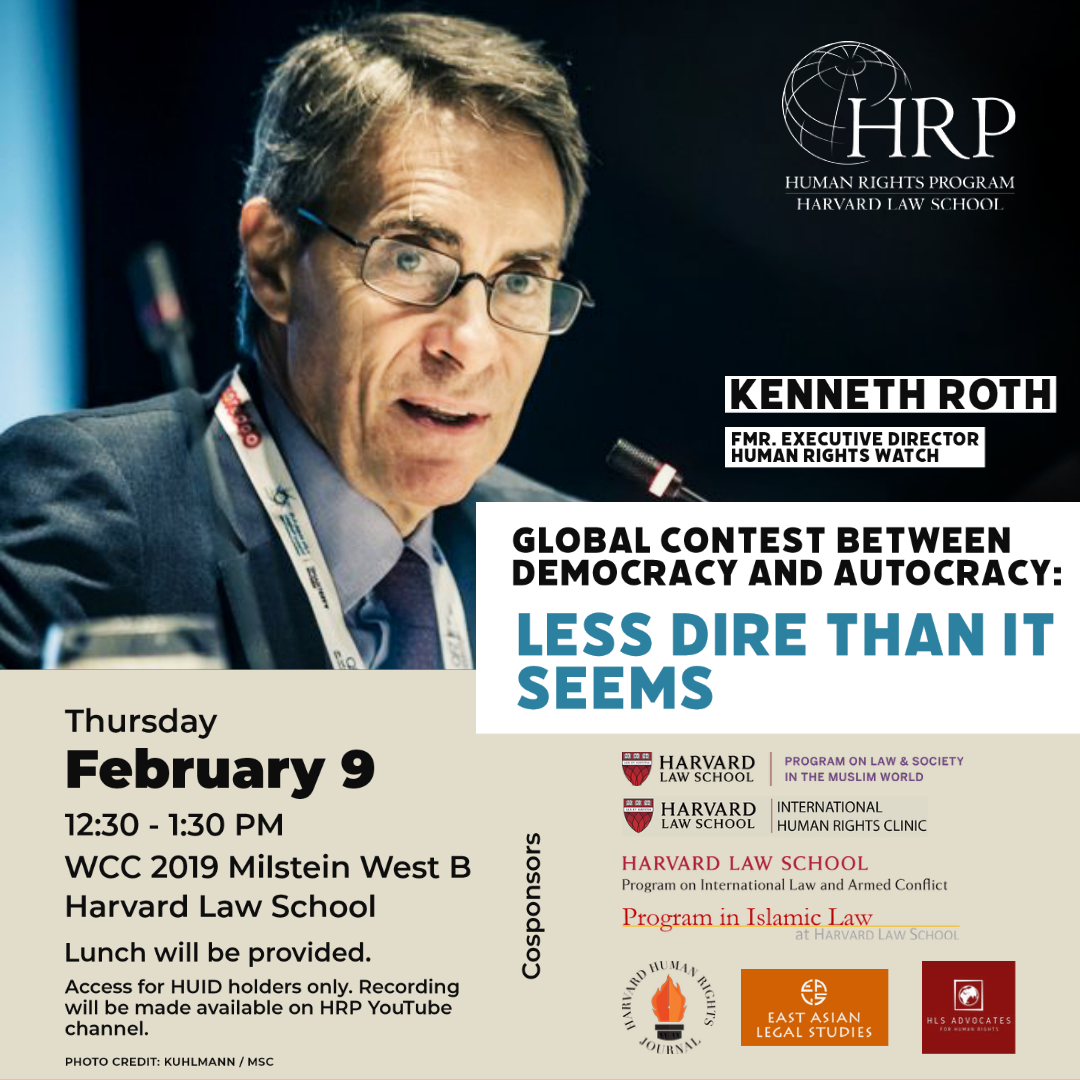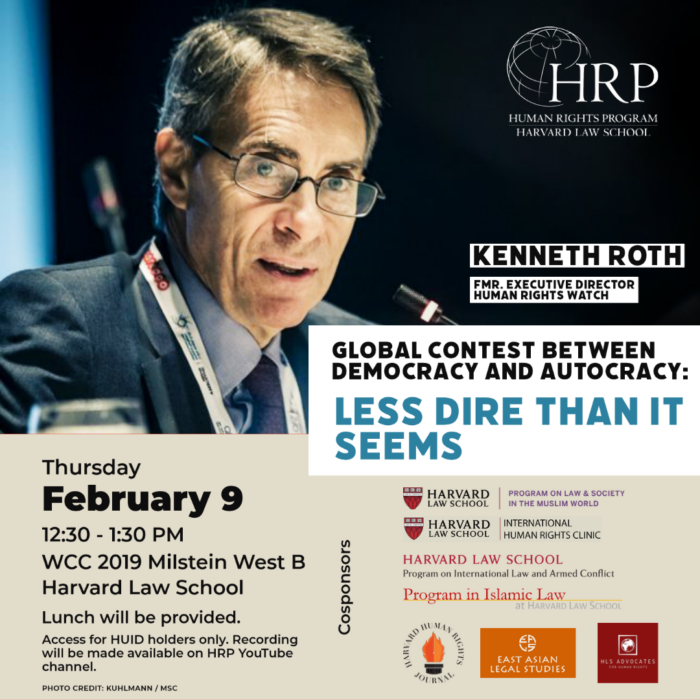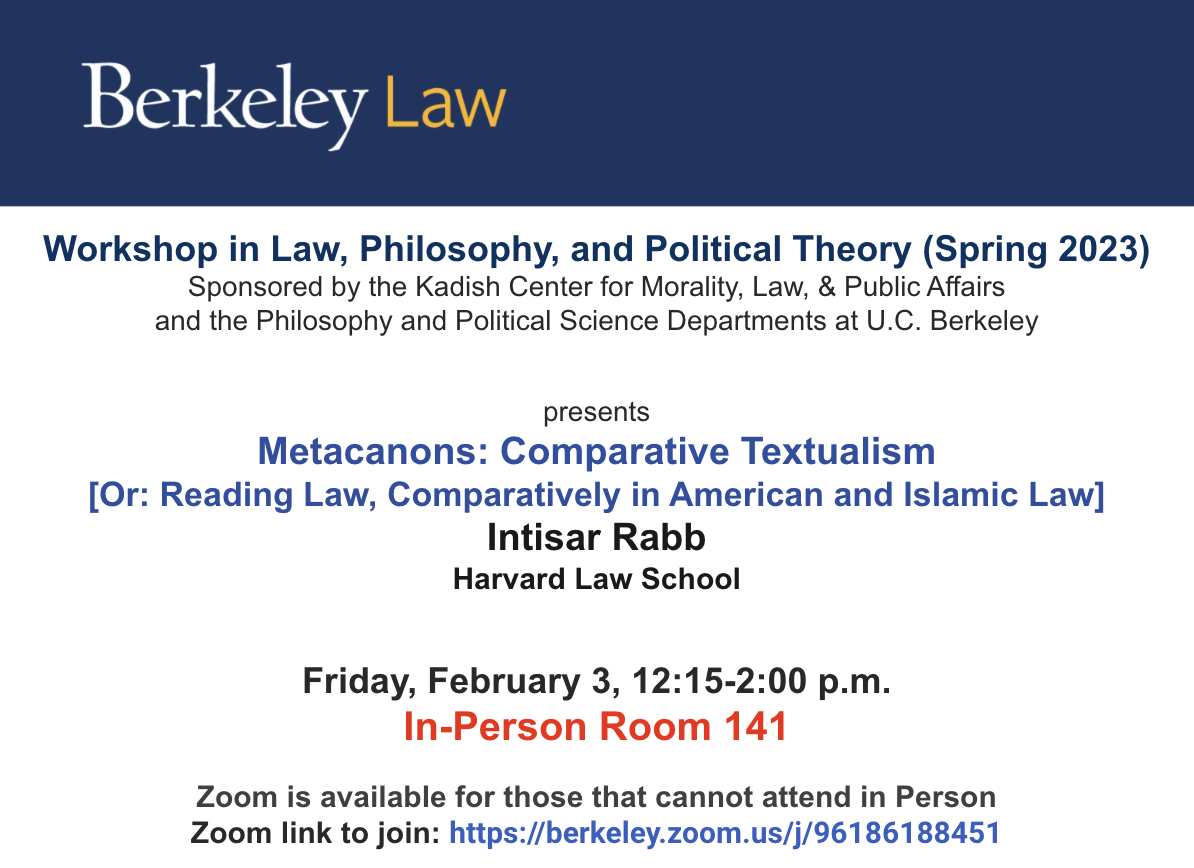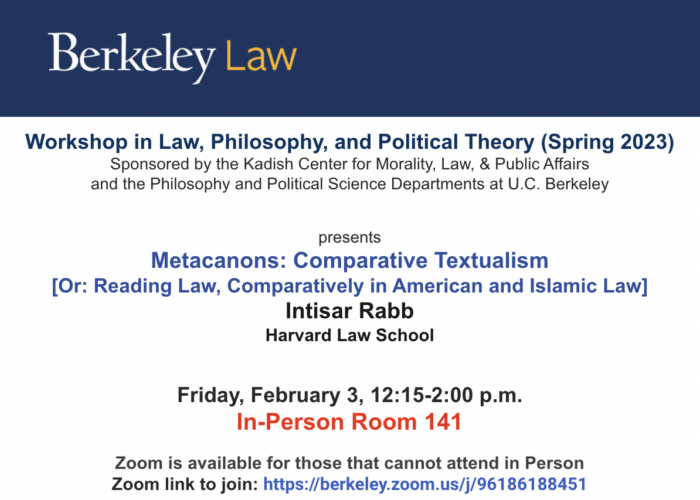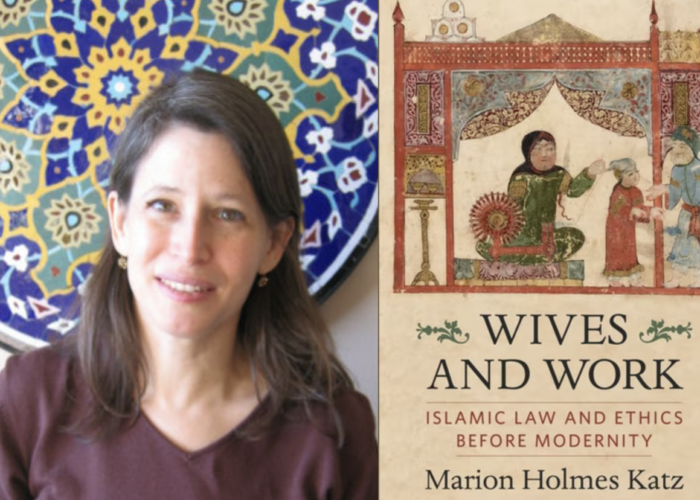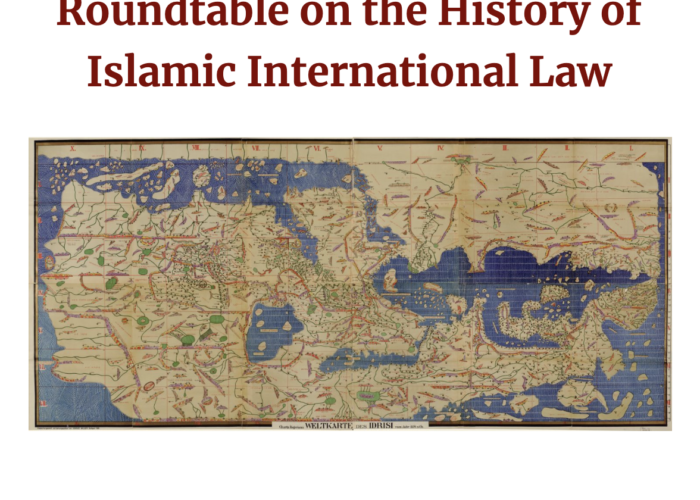We are excited to announce our upcoming Roundtable on the History of Islamic International Law on Tuesday, November 1, 2022 from 9:00am-12:00pm EST, in a live webinar over Zoom. Organized by Intisar Rabb (Harvard Law School) and Umut Özsu (Carleton University), who are editing a volume on the subject for the Cambridge History on International Law, this Roundtable will bring together the contributing authors to that volume – all historians and legal scholars selected for their expertise on the contested status of various visions of international law from the medieval Islamic world to the Ottoman era (622-1923), spanning a variety of regions from across the globe.
Contributing scholars include Cemil Aydin (University of North Carolina, Chapel Hill), Fahad Bishara (University of Virginia), Malika Dekkiche (University of Antwerp), Mohammad Fadel (University of Toronto), Maribel Fierro (Spanish National Research Council), Kate Fleet (University of Cambridge), Aimee Genell (University of West Georgia), Will Hanley (Florida State University), Suleiman Mourad (Smith College), Will Smiley (University of New Hampshire), Mathieu Tillier (University of Sorbonne), Joshua White (University of Virginia), and Adnan Zulfiqar (Rutgers Law School). During the Roundtable webinar, contributing scholars will reflect on and deliberate the larger themes, lingering questions, and ongoing debates surrounding the history of what we have become accustomed to calling ‘international law’. Essays previewing the Handbook and emerging from the Roundtable sessions will be published on the Islamic Law Blog.
